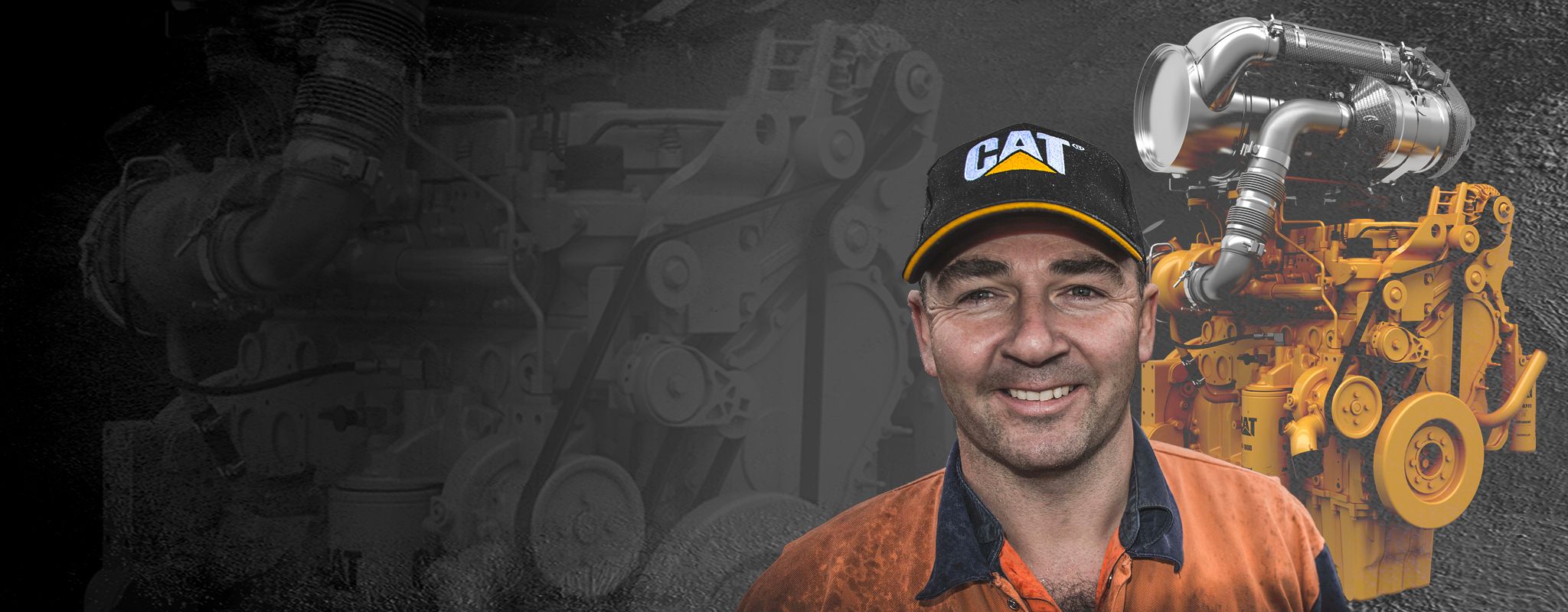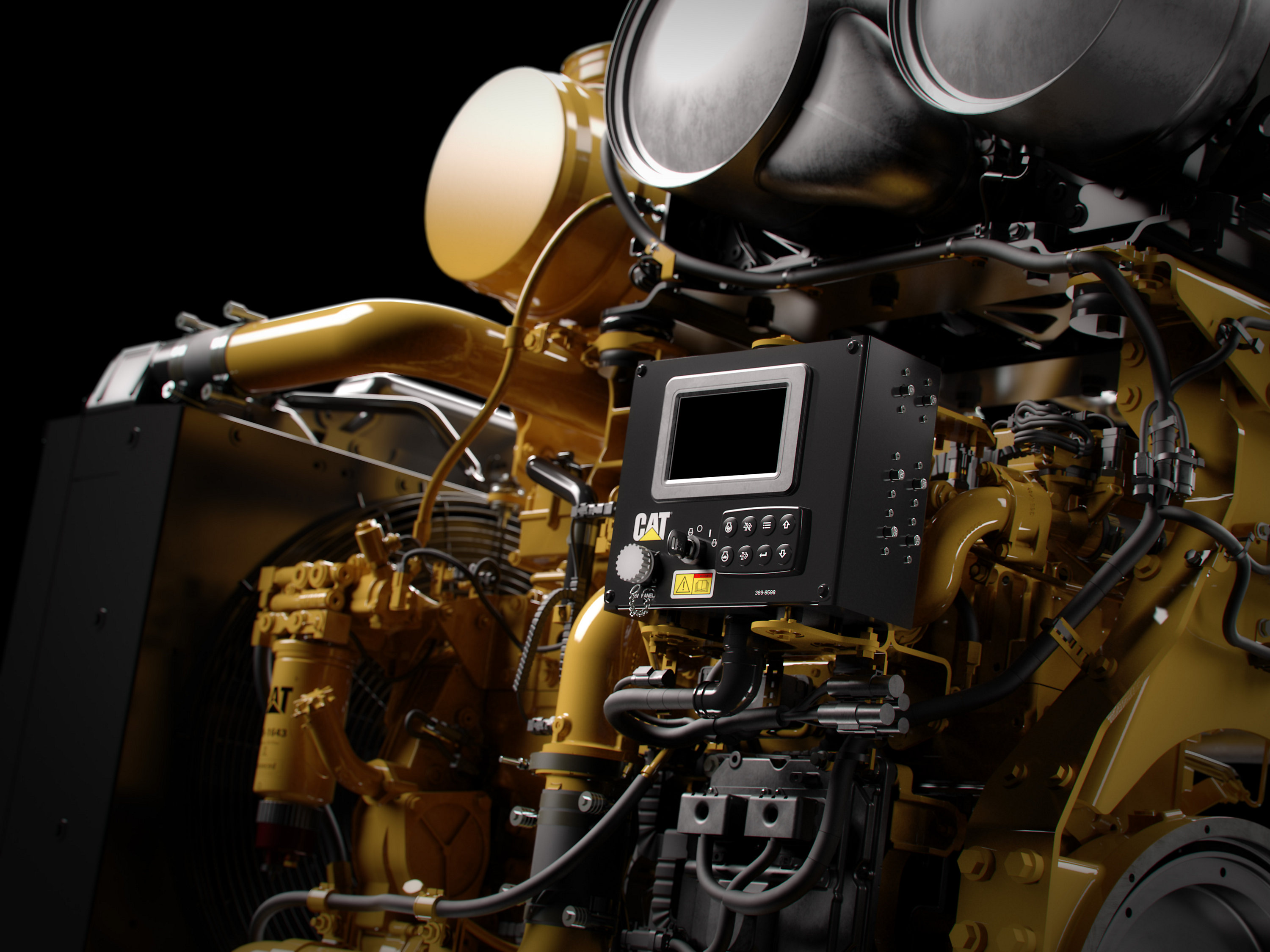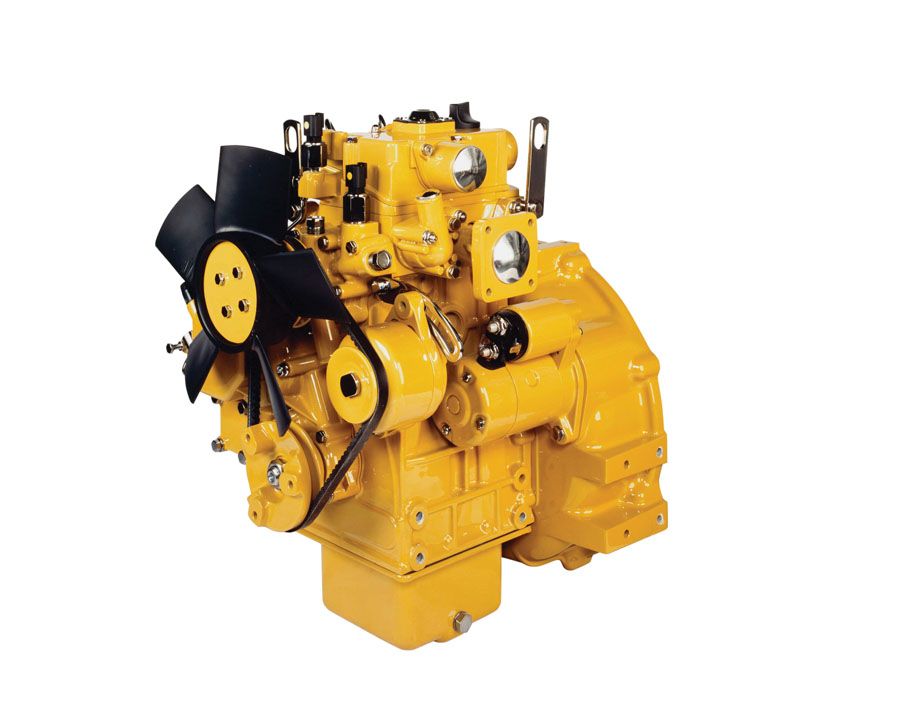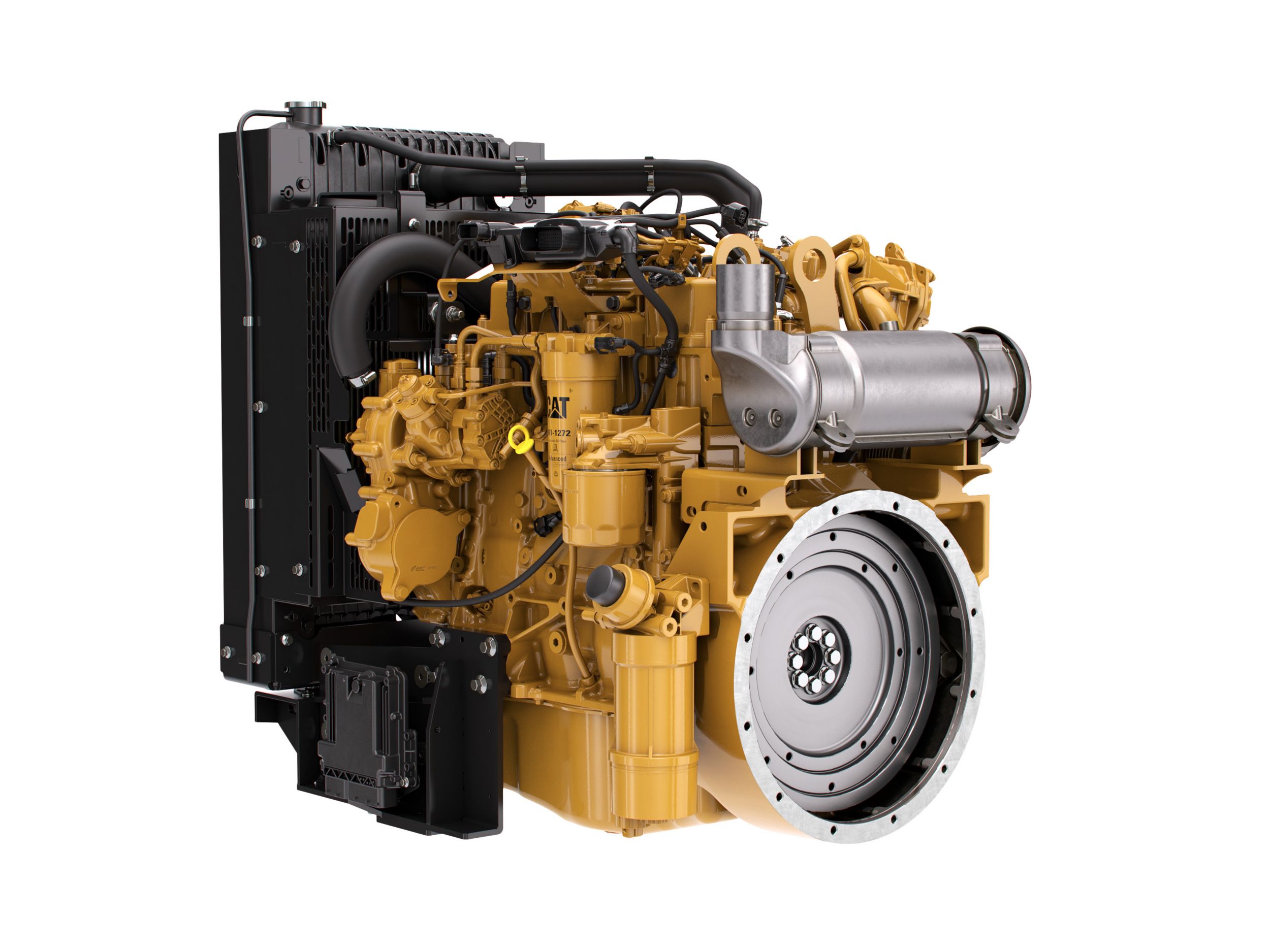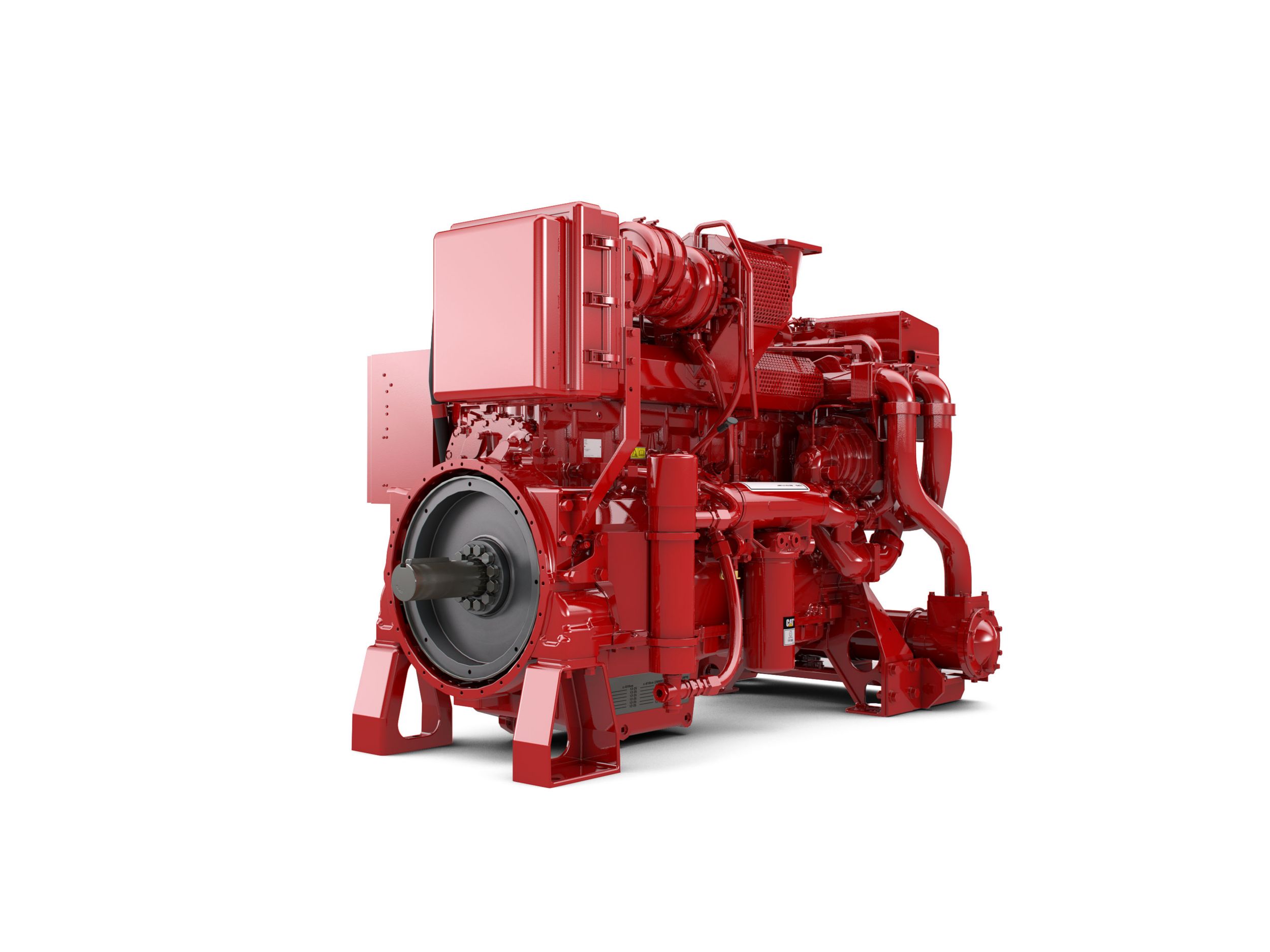Engines
-
3 Things to Know about Diesel Regeneration
Learn More -
Caterpillar Stage V Engines: High Performance, Low Operating Costs
Learn More -
Cat® Power Profiles
Learn More -
Cat® Engine Emissions Expertise
Learn More -
Cat® Value Differentiation for Industrial Engines
Learn More -
Hybrid Technologies: Commitment to Your Future Success
Learn More -
Industrial Engine Warranty
Learn more -
Industrial Engines Newsletter
Learn More -
Overcoming Obstacles in Emissions Redesigns
Learn More -
Understand Emissions Industry Terms
Learn More -
Understanding Global Emissions
Learn More

